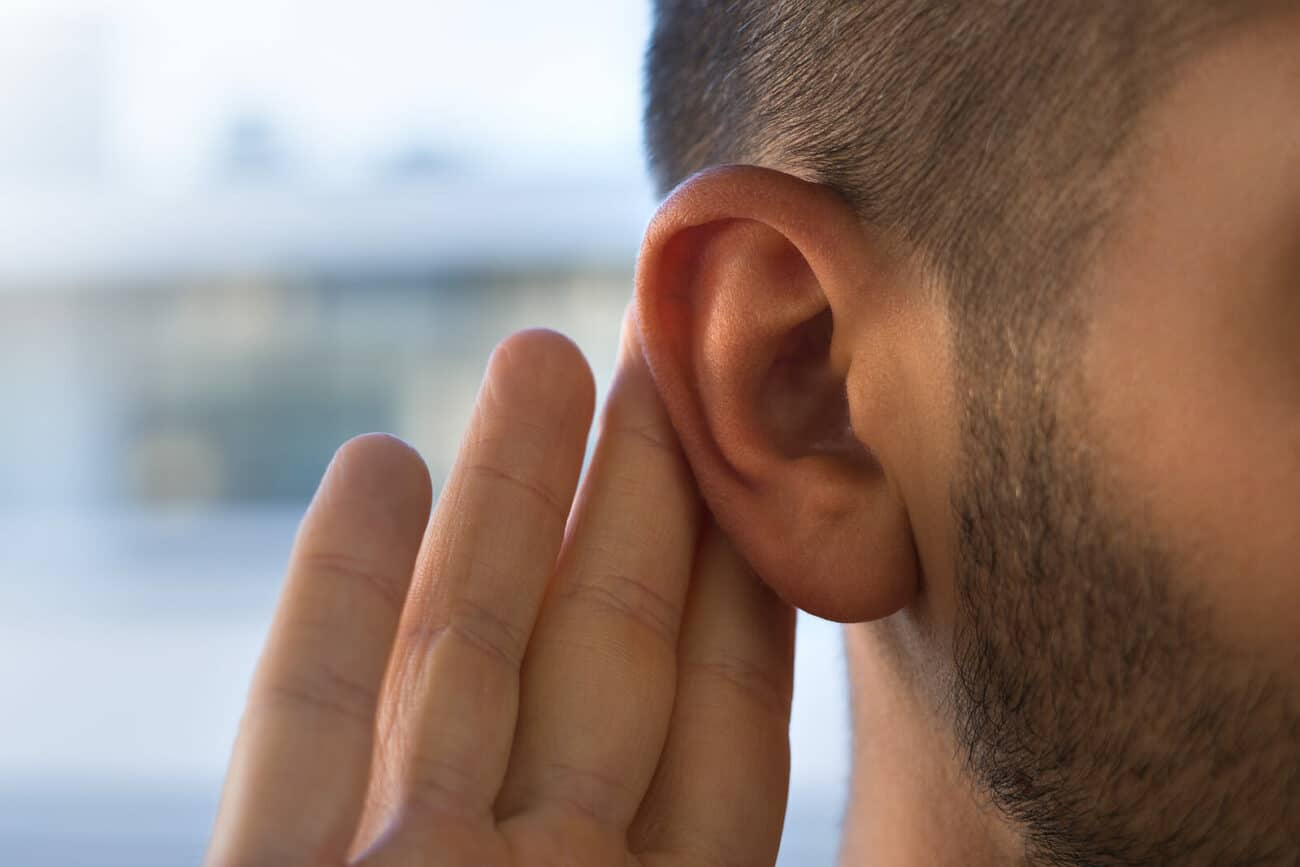Do you find you are having to ask people to repeat themselves more and more often? You may have suspected this to be a developing hearing loss for years, but felt it wasn’t serious enough to address or that there were other things to deal with. However, putting off addressing a hearing loss can have some devastating effects which reach far past issues following conversation. Most people wait 7 to 10 years from the time they suspect they have a hearing loss till the time they address a hearing loss and avoiding hearing loss for this long gives space for rifts in relationships, chronic depression, lowered self-esteem, and self-isolation to develop to dangerous and sometimes irreversible levels. However, even more devastating is the risk of dementia, which rises, the longer you go without treating a hearing loss and as the loss becomes more severe.
Understanding Dementia
Dementia is a grouping of neurodegenerative diseases which affects two or more brain functions such as memory, thinking, the ability to perform everyday activities and behavior. The World Health Organization estimates that dementia affects 5.6 million aged 65 and older in the US alone. Meanwhile every 3-4 seconds a new case is diagnosed worldwide equaling 7-9 million new dementia diagnoses annually. The most common form of dementia is Alzheimer’s disease, making up 60- 80 percent of all cases. It is not only devastating for the person affected but for family and loved ones who slowly witness the loss of their loved one’s personality and memories as their body remains alive, requiring around the clock care.
The Journey to Prevent Dementia
One of the most frustrating aspects of dementia is that while researchers can identify the degenerative patterns in the brain, they have not developed standardized methods to predict who will be affected and when. Even more alarming, there are no cures to reverse dementia, meaning that once it begins it is a slow process as your memories, and cognitive function begin to decline to the point where you will struggle to complete everyday tasks and remember your most cherished memories. The good news is that there are some factors identified which can be modified to lower risk. There are several contributing factors, such as age and family history which clearly cannot be changed, however a 2017 report from the Lancet Commission on dementia prevention, then updated in 2020, highlighted 12 modifiable factors which could lower your risk of developing dementia early or at all! This list includes:
- High blood pressure
- Smoking
- Diabetes
- Obesity
- Lack of physical activity.
- Poor diet.
- High alcohol consumption.
- Low levels of cognitive engagement
- Depression
- Traumatic Brain Injury
- Air pollution
- Social isolation
- Untreated hearing loss
Hearing Loss and Dementia
As hearing health care specialists, the last thing on the list—hearing loss gave us pause. Many wonder how hearing loss could contribute to dementia when in truth, several other factors named on the Lancet Commission’s list can also be instigated by hearing loss. For instance, when we struggle to hear it can be hard to connect to others, making social engagement which may have in the past been a fulfilling experience, turn into a frustrating and exhausting one. It’s common to self-isolate which in turn can contribute to depression—another factor on the list. We hear with our ears, but sound must reach the brain for us to listen. When sounds are lost due to hearing loss, it can put a strain on our brain, causing listening fatigue and even brain atrophy, as cells devoted to lost hearing wither and die.
Treating Hearing Loss
The good news is that while hearing loss is irreversible it is very treatable, especially when you act as soon as you suspect you may have an issue. Hearing aids are the most common treatment for hearing aids, amplifying sounds we struggle with based upon a hearing exam. They can allow us to hear our loved ones, coworkers, and anyone in our lives, increasing social interaction, daily activity, increasing mood and improving overall self-esteem.
Act Now!
The sooner you act the sooner you can start a proactive process in addressing and preventing cognitive decline and dementia. Schedule a hearing exam today. Not only will your friends and family thank you, but so will your future self. Contact us today!

